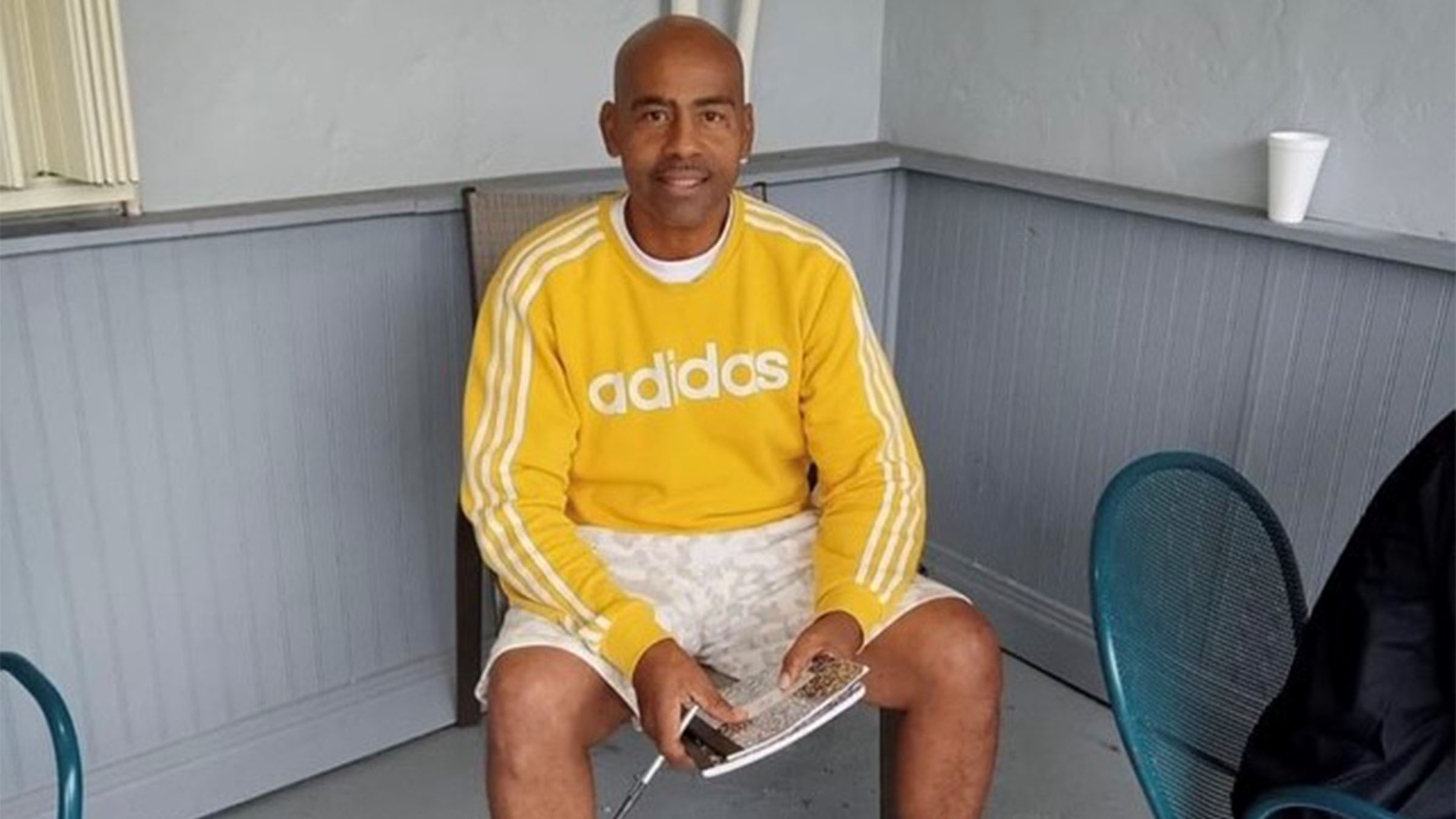With three cases of school workers arrested and accused of child sex crimes, Mom With A Mic wants to equip parents with information on what they can do to protect their children.
Sexual abuse of minors is common. According to Child Protect Children’s Advocacy Center, one in three girls and one in five boys will become a victim of sexual assault before their 18th birthday.
90% of the time kids know the abuser. It’s rarely a case of stranger danger.
”It’s an uncle, babysitter, scout leaders, or coach. We can’t have blind trust, we have to ask questions, we have to communicate and know where our kids are and who they’re hanging out with,” said Dr. Daniel Bober, Chief of Psychiatry at Memorial Regional Hospital.
Get South Florida local news, weather forecasts and entertainment stories to your inbox. Sign up for NBC South Florida newsletters.
Dr. Bober says by age 4 you should speak with your children about their bodies and the need to protect themselves, and not to let adults touch them.
He suggests never leaving children alone with other adults. If possible, have two adults around to help protect the child.
Local
“We don’t want kids having blind obedience to adults, we want to teach our kids that this is their body and it’s OK to say no. We are often taught as children when an adult tells you something, you have to do it, so we have to take that mentality out of the minds of kids,” said Dr. Bober.
A major warning sign that something is wrong with your child is a change in behavior. If they’re suddenly being secretive, change their personality or start to regress, seek help.
“You might notice a 10-year-old suddenly wetting the bed or sucking their thumb, that’s a sign that something is wrong with your child and you need to ask the tough questions,” said Amanda Altman, CEO of Kristi House Children’s Advocacy Center.
Altman urges parents to ask kids who they hung out with at school, if they met anyone new and if something upset them to help start conversations on a daily basis. She said the more your child is comfortable talking to you, the better.



